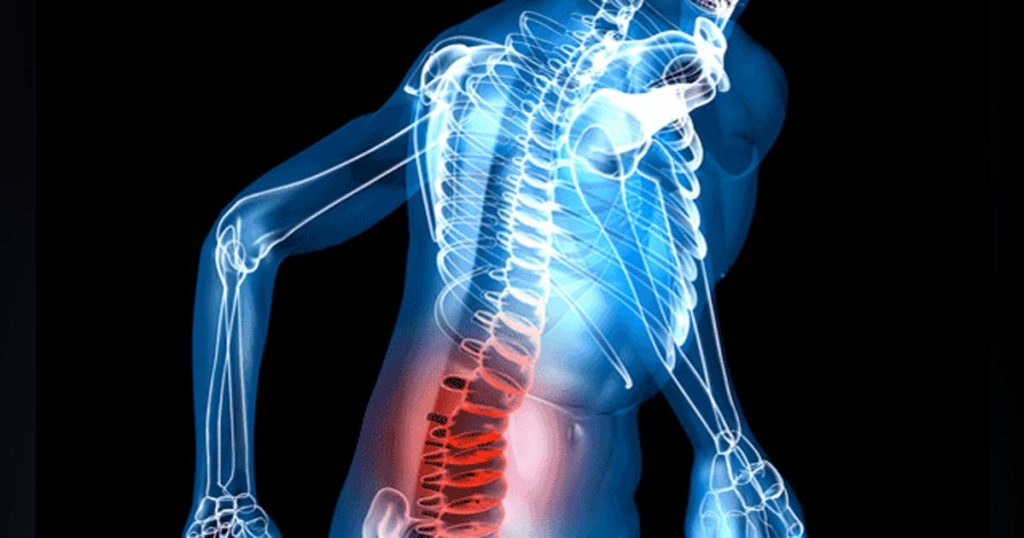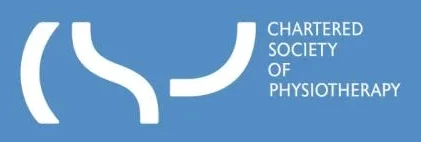Musculoskeletal Injuries physiotherapy will concentrate on the client’s biomechanical and structural recovery, with specific aims to maximise the individual’s functional mobility to return to their usual daily activities. This treatment is most typically used to treat accidents, sports injuries, and physical disabilities caused by lifestyle and ageing.
Our qualified therapist Marcin, will concentrate on the primary structures of the body, such as bone, muscle, ligaments, tendons, and the associated systems of the heart, circulation, and lungs. Based on the first evaluation, treatment is individualised to the individual. Following treatment, exercise programs are typically offered, and the number of treatments will vary depending on the patient’s progress in recovery.
A musculoskeletal injury to the bones, joints, muscles, tendons, ligaments, or nerves is a common cause of musculoskeletal discomfort. Jerking motions, car accidents, falls, fractures, sprains, dislocations, and direct strikes to the muscle can all cause this.
Musculoskeletal injury symptoms might include aching or stiffness throughout the body.
· Fatigue.
· Disturbances in Sleep.
· The sensation of having your muscles strained or overused.
· Muscle twitching
This is best managed by addressing the underlying cause, which might differ depending on whether you have bone, muscle, ligament, tendon, or joint pain.
Musculoskeletal conditions
More than 150 conditions influence an individual’s locomotor system and are classified as musculoskeletal conditions. They range from those that occur unexpectedly and are temporary, such as fractures, sprains, and strains, to those that are living and are associated with persistent functional limits and impairment.
Musculoskeletal problems are often characterised by discomfort (which is frequently persistent) and restrictions in mobility, dexterity, and overall level of functioning, limiting people’s capacity to work. Conditions affecting the musculoskeletal system include:
Osteoarthritis, rheumatoid arthritis, psoriatic arthritis, gout, ankylosing spondylitis; osteoporosis, osteopenia, and associated fragility fractures, traumatic fractures; muscles, such as sarcopenia; the spine, such as back and neck pain; multiple body areas or systems, such as regional and widespread pain disorders and inflammatory diseases such as connective tissue diseases and vasculitis that have musculoskeletal injuries
Work-related musculoskeletal injuries (WRMI), also known as work-related musculoskeletal disorders (WMSD), are any range of inflammatory disorders resulting from an injury sustained while completing work duties. WMSDs are:
(1) the result of regular exposure to work activities that contribute significantly to the development or exacerbation of painful symptoms;
(2) conditions that are worsened or that persist due to work conditions. Such can be the result of repetitive and frequent work activities resulting in overuse and strain to nerves, ligaments, muscles, tendons, joints, and spinal discs.
These conditions are also known as repetitive strain injuries, cumulative trauma diseases, and overuse syndrome. The great majority of WRMIs affect the hands, wrists, elbows, shoulders, and neck due to the emphasis on upper extremity usage in occupational duties; however, disorders involving the lower extremities and feet, as well as the spine and back, are common. Conditions caused by slips, trips, falls, or associated injuries, whether or not incurred at work, are not considered WMSDs. WMSDs are classified into three types: (1) muscle damage, (2) tendon injury, and (3) nerve injury. Carpal tunnel syndrome is a typical kind of WMSD (CTS).
Musculoskeletal disorders (MSKD) are frequent, and their effects are so severe that they account for half of all disabilities in the UK. The accompanying economic burden is significant, and it is expected to grow as the population ages.
Multidisciplinary collaboration is essential in the treatment of complicated musculoskeletal impairment. These teams may include specialised nurses and therapists, but they also require psychological and medical assistance. Hence if you have any of the symptoms, don’t ignore them and get therapy. Contact us today for any further advice and why drop into our specialised Saturday clinic to speak to Marcin and the team directly?
Article – Phoenix Marketing






